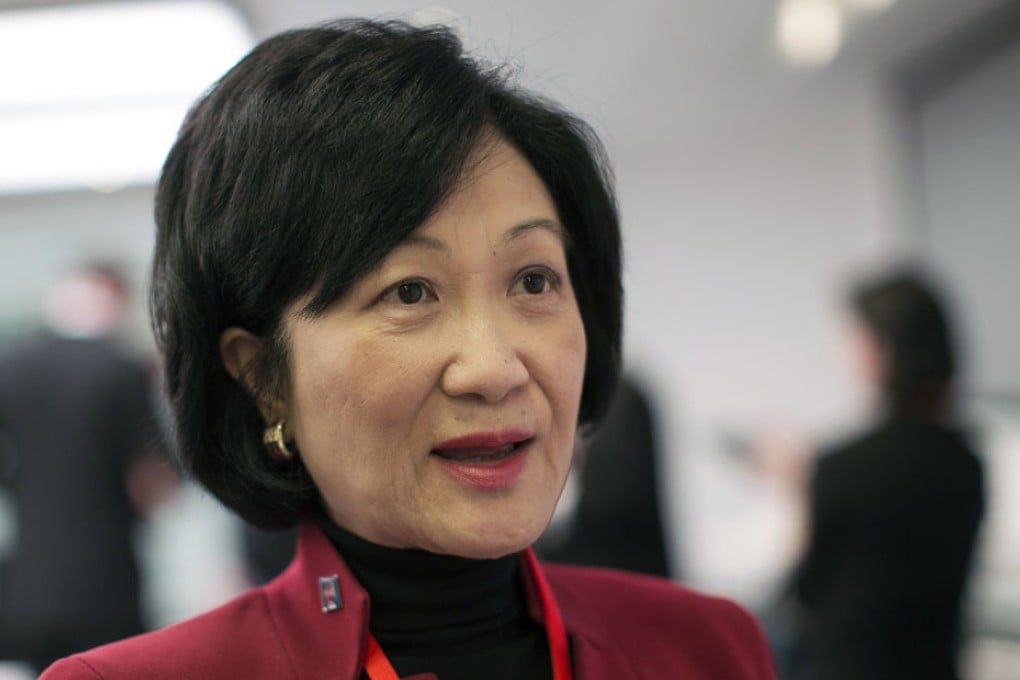My Take | Why Cantonese is a real language in Hong Kong
When it comes to Cantonese, I am a diehard regional southerner and proud of it. By Cantonese, I mean the language spoken in Hong Kong and Guangdong.

When it comes to Cantonese, I am a diehard regional southerner and proud of it. By Cantonese, I mean the language spoken in Hong Kong and Guangdong. I say language, not dialect. Yes, there are minor differences in expressions on both sides of the border but it's nothing like it has with Putonghua.
Despite an apology from the Education Bureau, I don't think it was a gaffe when it said in its website's section on language learning support that "Cantonese is not an official language". And lawmaker Regina Ip Lau Suk-yee, what did you write in my newspaper the other day - Cantonese is "a mere dialect"? Go back to school, Ip. The ancient canonical Chinese texts predated Putonghua, but not necessarily Cantonese.
Strictly speaking, the bureau is not wrong. Chinese is one of the two official languages of Hong Kong, but there is no mention of Cantonese or Putonghua as an official language in the Basic Law. But local officials increasingly operate under the assumption of the central government, which gives official status to Putonghua, with other Chinese languages relegated to being dialects. The denigration of Cantonese in Hong Kong began with the colonial Brits.
The usual argument is that a dialect has no written script. Well, our current written Chinese script called "baihua" or vernacular system emerged from the May 4th Movement's modernisation of the language. The script is neither Putonghua, a northern spoken language, nor Cantonese, a southern one. This written script works equally well for Putonghua, Cantonese or other Chinese speakers. Cantonese has a much longer and venerable lineage than Putonghua, a mix of the Han Chinese, Mongolian and Manchu languages from the Qing dynasty. Cantonese could possibly date back to the Warring States period, though there was then no unified China and the south was considered "barbarian". But Cantonese emerged as a recognisable language from the time of the An Lushan Revolt during the Tang dynasty, when an exodus of refugees flooded the south.
As the scholar Nan Huai-Chin wrote: "Hakka and Cantonese were the Tang dynasty's national languages; Hokkien was the Song dynasty's. Putonghua is a [recent] national language."
